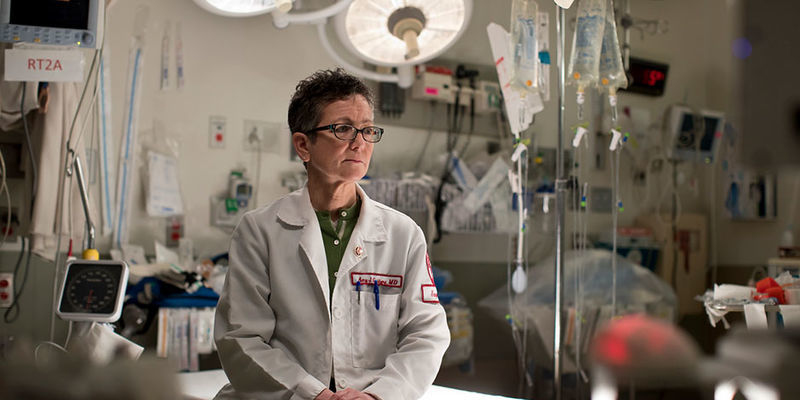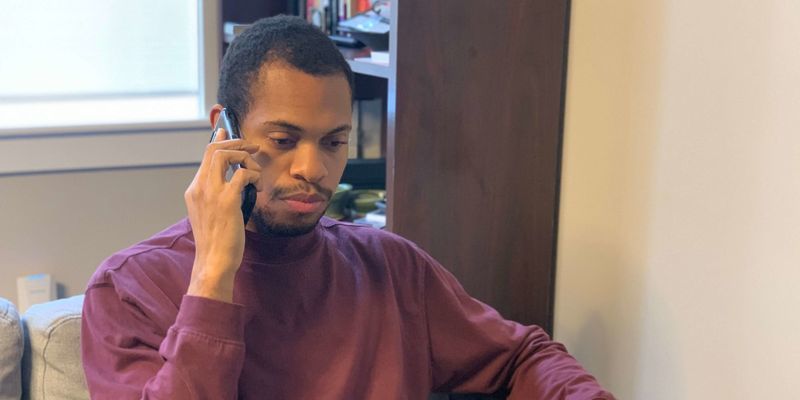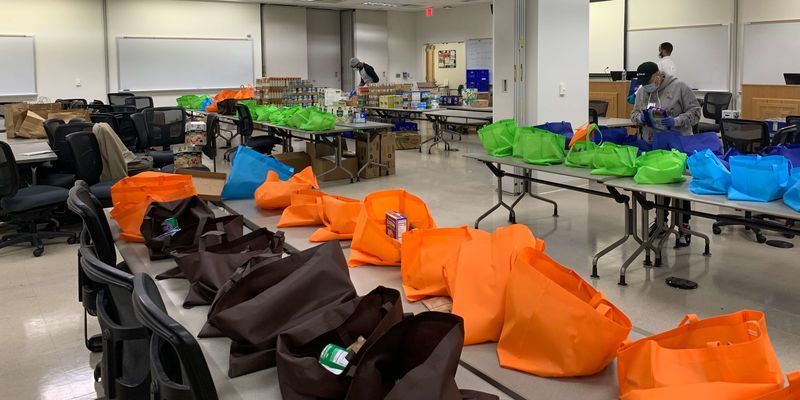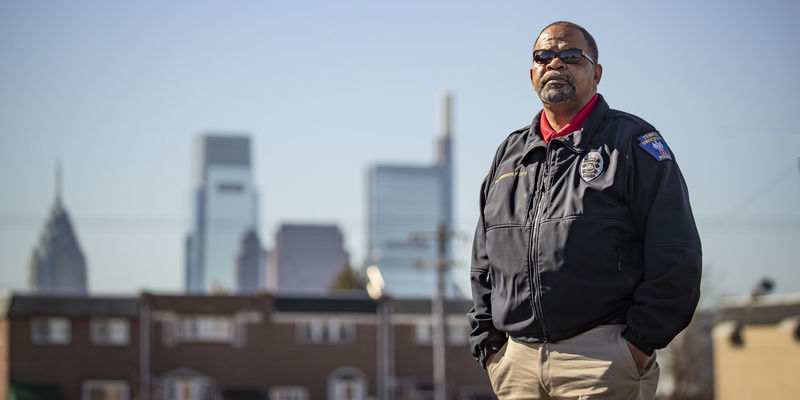Alumna donates $1 million to the Katz School’s Center for Urban Bioethics
The gift will support health equity, inclusion and justice initiatives.
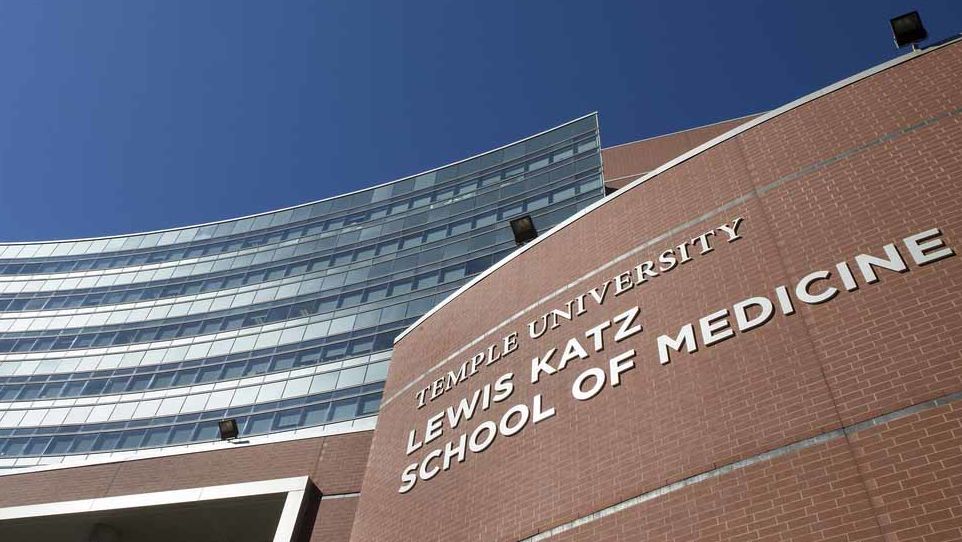
Margaret M. Barnes, MED ’81, has selected the Lewis Katz School of Medicine’s Center for Urban Bioethics as the recipient of a $1 million legacy bequest and a $50,000 donation. The funds will be used to help the center expand its education of medical students and professionals and advocacy initiatives aimed at mitigating racism in medicine.
“In a year like no other, this generous commitment from Dr. Barnes allows us to advance our commitment to diversity, equity, inclusion and justice initiatives” said Nina Weisbord, chief advancement officer at Temple Health. “Dr. Barnes is a true champion for building a just and anti-racist society, and we are privileged to partner with her in this important work.”
It was the center’s vision of promoting health equity—the concept that everyone has a fair and just opportunity to be as healthy as possible, in dense, diverse, and economically and socially disparate urban populations—that grabbed her attention and her heart.
“This is a significant field of medicine and study in healthcare delivery,” Barnes said. “This is a new area of awareness for our larger society and supporting it is something I could do that realistically will translate into major improvements for a very large segment of our population.”
A radiation oncologist who later also was certified in hospice and palliative medicine, Barnes remained proud throughout her years of practice that her alma mater had admitted a substantial number of women and more older, nontraditional students than the other medical schools in the city at the time.
And since then, she has seen a profound change in the gender composition of medical school classes nationwide. According to Barnes, the Center for Urban Bioethics is likewise perfectly positioned at the forefront of another round of transformative change.
As well, the progressive and social justice philosophy underlying the center’s bioethics work dovetails nicely with Barnes’ own worldview resulting in part from the discrimination she has faced as a member of the LGBTQIA community.
“There is tremendous leadership in Temple’s willingness to say, ‘We’re opening up knowledge. We want to learn about these other, much more subtle forms of holding people back. We’re going to study it. We’re going to make it better.’ Temple is one of the best schools situated to do that work,” she said.
